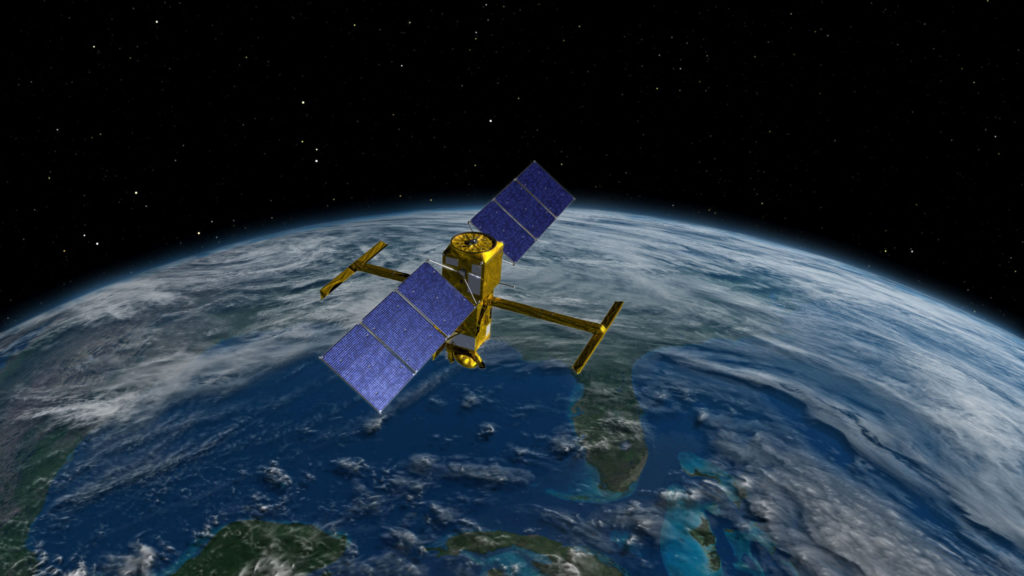A US-French satellite that will map almost all of the world’s oceans, lakes and rivers to help track the impacts of rising sea levels, droughts and erosion brought on by climate change has rocketed into orbit.
The pre-dawn launch on Friday on board a SpaceX rocket from Vandenberg Space Force Base in California capped a highly successful year for NASA.
Scientists said the satellite named Surface Water and Ocean Topography (SWOT) is an important innovation at a time when climate change worsens droughts, flooding and coastal erosion. Cheers erupted at control centres in California and France as the spacecraft started its mission.
“It is a pivotal moment, and I’m very excited about it,” said NASA programme manager Nadya Vinogradova-Shiffer. “We’re going to see Earth’s water like we’ve never before.”
The satellite which is about the size of an SUV (Sports Utility Vehicle), will not only measure the height of water on more than 90 per cent of Earth’s surface, allowing scientists to track flow and identify potential high-risk areas but it will also survey millions of lakes as well as 2.1 million kilometres (1.3 million miles) of rivers, from headwater to mouth.
Read also: The Globe joins Covering Climate Now, a global media collaboration
The satellite will shoot radar pulses at Earth, with the signals bouncing back to be received by a pair of antennas, one on each end of a 10-metre (33-foot) boom.
It should be able to make out currents and eddies less than 21km (13 miles) across, as well as areas of the ocean where water masses of varying temperatures merge.
NASA’s current fleet of nearly 30 Earth-observing satellites cannot make out such slight features. Although these older satellites can map the extent of lakes and rivers, their measurements are not as detailed, said the University of North Carolina’s Tamlin Pavelsky, who is part of the mission.
Perhaps most importantly, the satellite will reveal the location and speed of rising sea levels and the shift of coastlines, key to saving lives and property. It will cover the globe between the Arctic and Antarctica at least once every three weeks, as it orbits more than 890km (550 miles) high. The mission is expected to last three years.
Laurie Leshin, the director of NASA’s Jet Propulsion Laboratory in Pasadena, California, noted that while the agency is known for its Mars rovers and space telescopes, “this is the planet we care most about.”
“We’ve got a lot of eyes on Earth”, with even more globe-surveying missions planned in the next few years, she added.
NASA and the French Space Agency collaborated on the $1.2bn SWOT project — some 20 years in the making — with the United Kingdom and Canada chipping in.
Already recycled, the first-stage booster returned to Vandenberg eight minutes after liftoff to fly again one day. When the double sonic booms sounded, “everybody jumped out of their skin, and it was exhilarating. What a morning,” said Taryn Tomlinson, an Earth science director at the Canadian Space Agency.
Story was adapted from AlJazeera.
